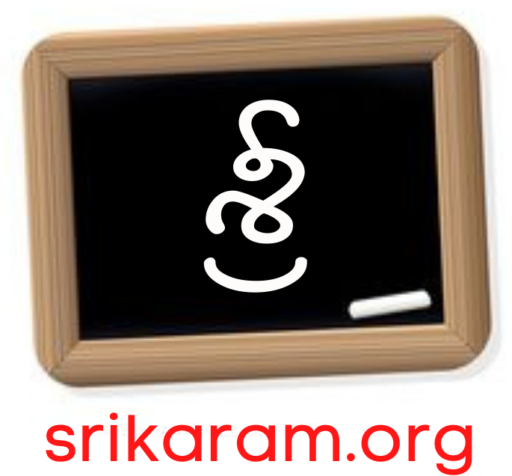Children’s minds develop in stages, shaping how they think, learn, and interact with the world. Understanding these stages can help parents and educators guide their learning and emotional well-being.
Jean Piaget’s Four Stages of Cognitive Development
Swiss psychologist Jean Piaget proposed that children progress through four cognitive stages:
1. Sensorimotor Stage (Birth – 2 years)
- Babies explore the world using their senses (touch, taste, sight, sound).
- They develop object permanence (understanding that objects exist even when unseen).
- Example: A baby enjoys peek-a-boo because they think the person disappears when covered.
✅ How to Support: Provide colorful toys, sensory activities, and interactive play.
2. Preoperational Stage (2 – 7 years)
- Children begin using symbols, language, and imagination.
- They struggle with logic and see things only from their perspective (egocentrism).
- Example: A child may believe the moon follows them while walking.
✅ How to Support: Encourage pretend play, storytelling, and basic problem-solving activities.
3. Concrete Operational Stage (7 – 11 years)
- Children develop logical thinking but struggle with abstract ideas.
- They understand conservation (e.g., knowing water remains the same amount whether in a tall or wide glass).
- Example: They begin understanding fairness and rules in games.
✅ How to Support: Engage them in puzzles, science experiments, and real-life math activities.
4. Formal Operational Stage (11+ years)
- Abstract thinking and problem-solving abilities improve.
- They begin questioning beliefs and forming their own opinions.
- Example: Teens debate social issues, question traditions, and analyze complex topics.
✅ How to Support: Discuss ethical dilemmas, encourage critical thinking, and provide opportunities for independent decision-making.
Why Is This Important?
Understanding these stages helps parents provide age-appropriate learning experiences, emotional support, and problem-solving strategies.
